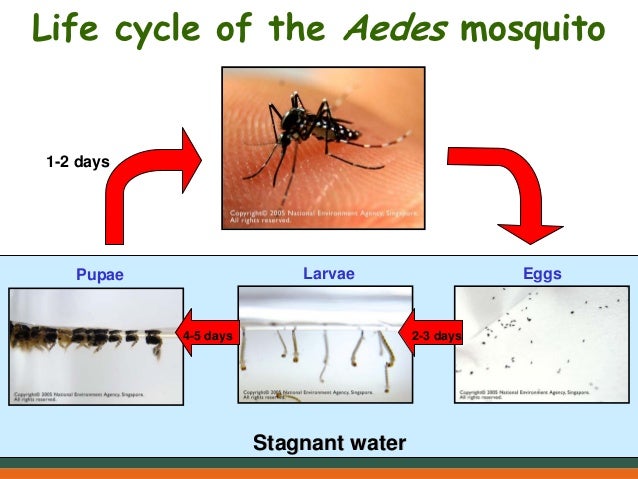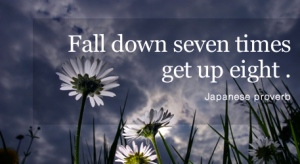What's Your Growth Mindset?
Embrace the challenge and reach your potential!
August 12, 2015

This school year, Common Sense Education is focusing on this powerful question: What's your growth mindset? You may have heard of "growth mindset," a term coined by Dr. Carol Dweck, professor of psychology at Stanford University, in her bestselling book Mindset: The New Psychology of Success. In it, Dweck talks about the difference between a "fixed mindset," in which people perceive abilities and skills as inherent or permanent, versus a "growth mindset," which focuses on developing and "stretching" through a love of learning and embracing challenge. Dweck's message is that we can change our mindset, motivating ourselves -- and the kids in our lives -- to fulfill our potential.
I believe having a growth mindset is essential to integrating technology into teaching and learning, and for digital citizenship. Technology is ever changing and dynamic … there's always something new to learn. Believing we can grow, learn new skills, and face challenges with enthusiasm is essential to thriving in a 21st-century classroom. So this school year, we are challenging ourselves -- and educators -- to focus on growth mindset. We're framing growth mindset around five themes (our "5 Cs"), making explicit connections to digital teaching and learning:
- Curiosity (Aug-Sept): What does it mean to be a curious learner?
- Collaboration (Oct-Nov): How can I collaborate in meaningful ways?
- Creativity (Dec-Jan): How can I inspire creativity in myself and my students?
- Courage (Feb-March): How can I practice courage to try new things as an educator?
- Celebration (April-May): How do I celebrate my success … and the successes of others?
As you can see, we'll be focusing on a new theme every two months. Be on the lookout for blog posts, Top Picks and tools, and community discussions on Graphite related to these themes.
We'll also be hosting NEW monthly Twitter chats using the hashtag #GrowthMindset connected to these themes. The chats will occur on the 4th Monday of each month throughout the school year. Please mark your calendar for the first #GrowthMindset chat on the topic of curiosity, focusing on the question "How can I foster curiosity in my students?"
Join the first #GrowthMindset chat on Monday, August 24, at 4 p.m. PT/7 p.m. ET, led by me,@kellymendoza.
I look forward to hearing about ways you are "stretching" your growth mindset, and encourage you to join this challenge!
Tags:
growth mindset | #growthmindset | Professional Development | PD | curiosity | collaboration | creativity |courage | celebration




